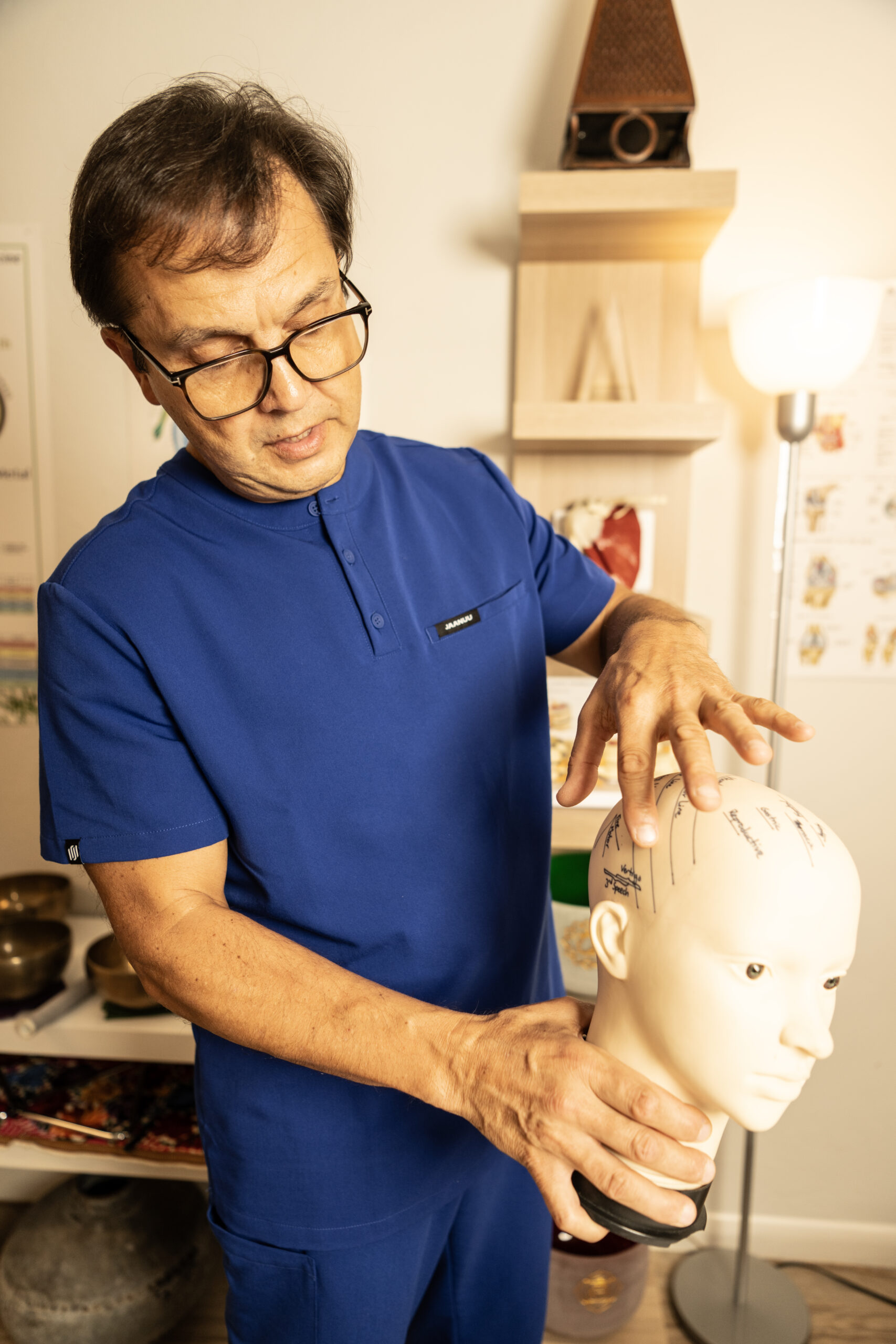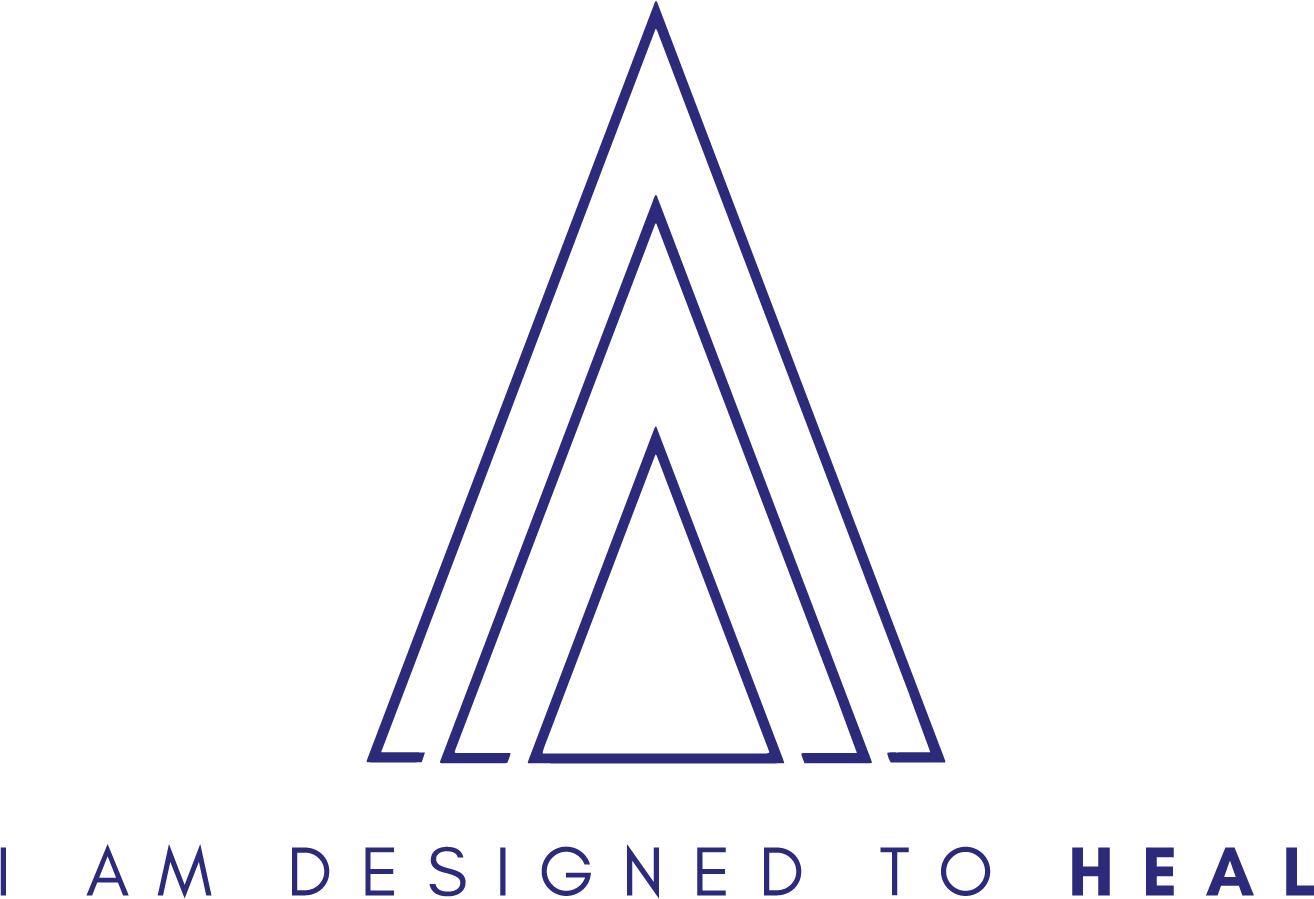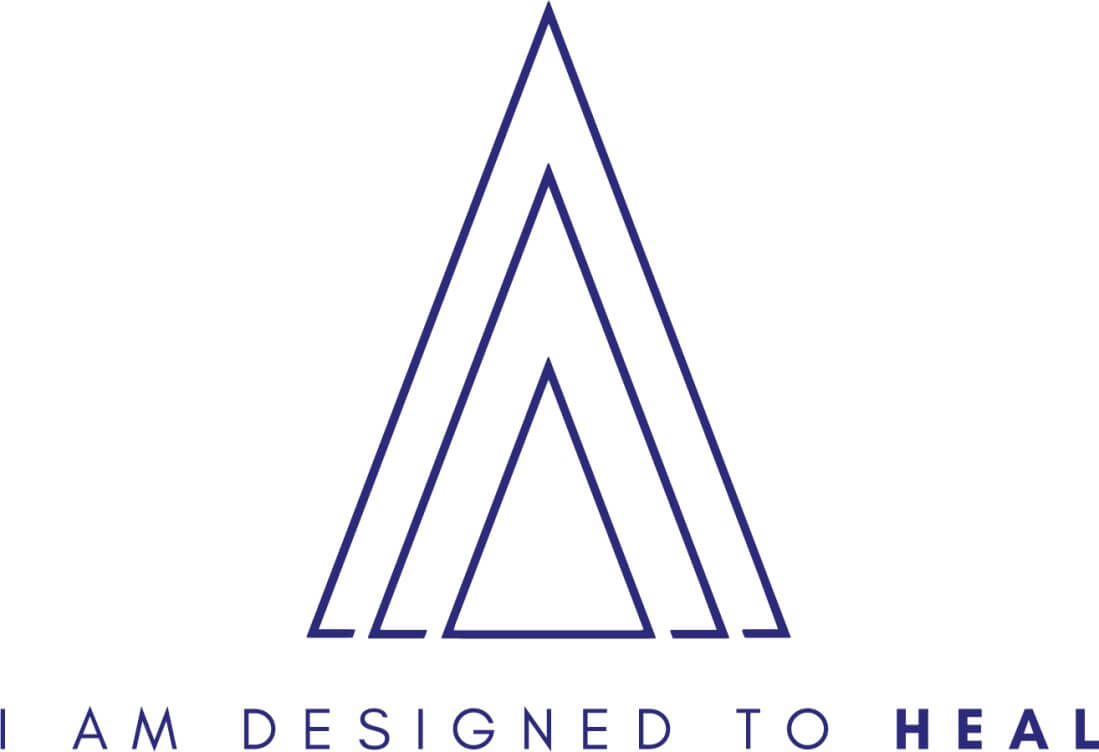
19 Mar Enhancing Quality of Life for Alzheimer’s and Dementia Patients: The Role of Acupuncture and Neuroacupuncture
Alzheimer’s disease and dementia can be formidable challenges, affecting millions of people worldwide by impairing memory, cognitive abilities, and independence. As we seek effective treatments to manage these conditions, acupuncture and neuroacupuncture offer promising pathways to improve symptoms and quality of life.
Understanding Alzheimer’s and Dementia
Before exploring the benefits of acupuncture, it’s essential to understand these conditions. Alzheimer’s disease, the most common form of dementia, is marked by progressive memory loss, cognitive decline, and behavioral changes. Dementia encompasses a range of cognitive impairments, including issues with memory, reasoning, and communication.
The Ancient Wisdom of Acupuncture
Acupuncture, rooted in traditional Chinese medicine (TCM), has been practiced for thousands of years. It involves inserting thin needles into specific points on the body to stimulate the flow of “qi” or vital energy. According to TCM, imbalances in qi can lead to various health issues, and acupuncture aims to restore balance and harmony.
While conventional Western medicine often focuses on pharmaceutical treatments, acupuncture provides a holistic approach. Research indicates that acupuncture may enhance cognitive function, alleviate depression and anxiety symptoms, and improve overall well-being for those with Alzheimer’s and dementia.
Modernizing Tradition: The Emergence of Neuroacupuncture
Neuroacupuncture builds on traditional acupuncture by integrating modern neuroanatomy and neuroscience. This specialized form targets specific points on the scalp, ears, and body to influence brain activity and neural pathways involved in cognitive function.
By stimulating brain regions related to Alzheimer’s and dementia, neuroacupuncture aims to mitigate cognitive decline and support neuroplasticity—the brain’s ability to adapt and reorganize itself.
A Growing Body of Evidence
The scientific understanding of acupuncture’s effects on Alzheimer’s and dementia is still evolving, but research provides promising insights. Studies have shown that acupuncture can positively impact cognitive function, memory retention, and behavioral symptoms in dementia patients.
A systematic review published in the Journal of Clinical Neuroscience found that acupuncture significantly improved cognitive function and daily living activities in Alzheimer’s patients. Another meta-analysis in the Journal of Clinical Psychiatry highlighted acupuncture’s effectiveness in reducing agitation and improving behavioral symptoms in dementia patients.
Targeting Symptom Management
Managing behavioral and psychological symptoms such as agitation, aggression, and sleep disturbances is a major challenge in Alzheimer’s and dementia care. Conventional treatments often have side effects and may not fully address these issues. Acupuncture and neuroacupuncture offer a non-pharmacological alternative with potentially fewer risks.
Research suggests that acupuncture can help regulate neurotransmitter levels like serotonin and dopamine, which are crucial for mood and behavior. By promoting relaxation, reducing stress hormones, and modulating the autonomic nervous system, acupuncture can alleviate agitation, anxiety, and sleep problems in individuals with these conditions.
Empowering Personalized Care
One of acupuncture’s strengths is its personalized approach. I assess each patient’s unique symptoms and underlying imbalances to tailor treatments specifically to their needs. This individualized approach aligns with precision medicine, focusing on targeted interventions based on each person’s genetic, environmental, and lifestyle factors.
Acupuncture and neuroacupuncture can complement existing therapies for Alzheimer’s and dementia, such as cognitive rehabilitation, physical exercise, and nutritional support. Combining these modalities within a comprehensive care plan fosters a synergistic approach to symptom management and overall well-being.
Looking Ahead: Expanding Research and Accessibility
As research into acupuncture and neuroacupuncture continues, further studies are needed to clarify their mechanisms and optimize treatment protocols. Advances in neuroimaging and biomarker research will deepen our understanding of how acupuncture affects brain function and neuroplasticity in Alzheimer’s and dementia.
Enhancing accessibility to acupuncture and neuroacupuncture services is also crucial. Collaborative efforts involving healthcare providers, policymakers, and community organizations can help integrate these therapies into standard care practices, expanding their reach to those in need.
In the quest to address Alzheimer’s and dementia, acupuncture and neuroacupuncture stand out as beacons of hope. They combine ancient wisdom with modern science to offer holistic solutions, shining new light on ways to manage cognitive decline and improve quality of life.
For more information on how acupuncture and neuroacupuncture can benefit you or a loved one, please contact us to schedule an appointment.


